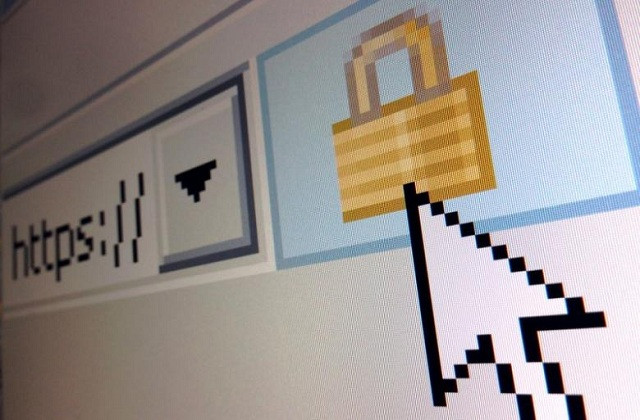Internet freedom
There is no end to the limitations placed on the Pakistani people

Head of DNC, Donna Brazile, last month said the organization had been hacked by Russian state-sponsored agents. PHOTO: REUTERS
Disconcertingly, Pakistan beats out only a few countries on the ranking, some of which are communist, such as China, and ultra-conservative, such as Saudi Arabia. Ad hoc policies might be to blame; the government likes to exert prowess on media that it perceives as an insult to its institutions. Internet censorship is heavy and nonsensical at times, such as a nearly four-year blanket ban on YouTube for the existence of one video that was found offensive. If found unconstitutional, the Pakistan Telecommunications Authority can proceed to internally blocking certain content. However, a ubiquitous ban is unreasonable, as Internet content offers viewpoints and exposure that can help our naive population to broaden its perspectives, which is not to say they should accept those alternative viewpoints. The Internet is an educational tool and must not be so restrictive, which can lead minds to develop biased world concepts. With the new Prevention of Electronic Crimes Act, government surveillance is set to increase with potential violations of user privacy, which is most inopportune in a country that already exercises several forms of oppression towards its people.
Published in The Express Tribune, November 21st, 2016.
Like Opinion & Editorial on Facebook, follow @ETOpEd on Twitter to receive all updates on all our daily pieces.















COMMENTS
Comments are moderated and generally will be posted if they are on-topic and not abusive.
For more information, please see our Comments FAQ